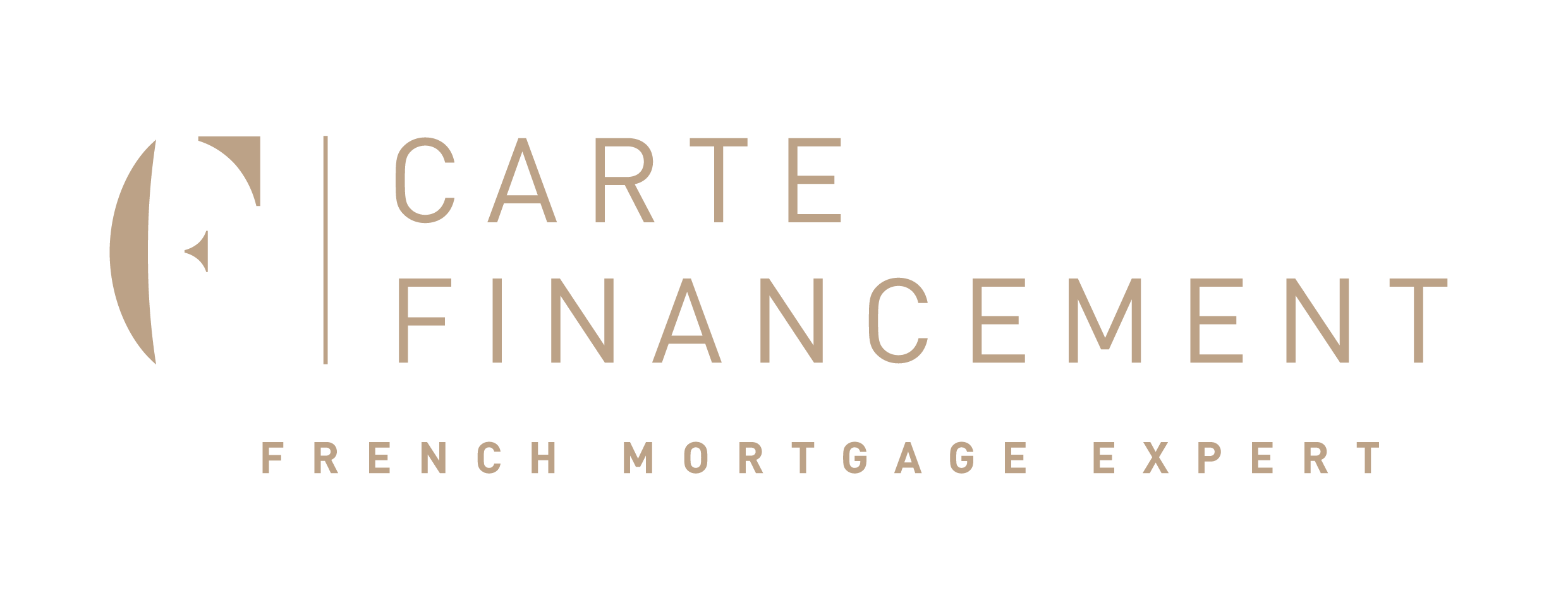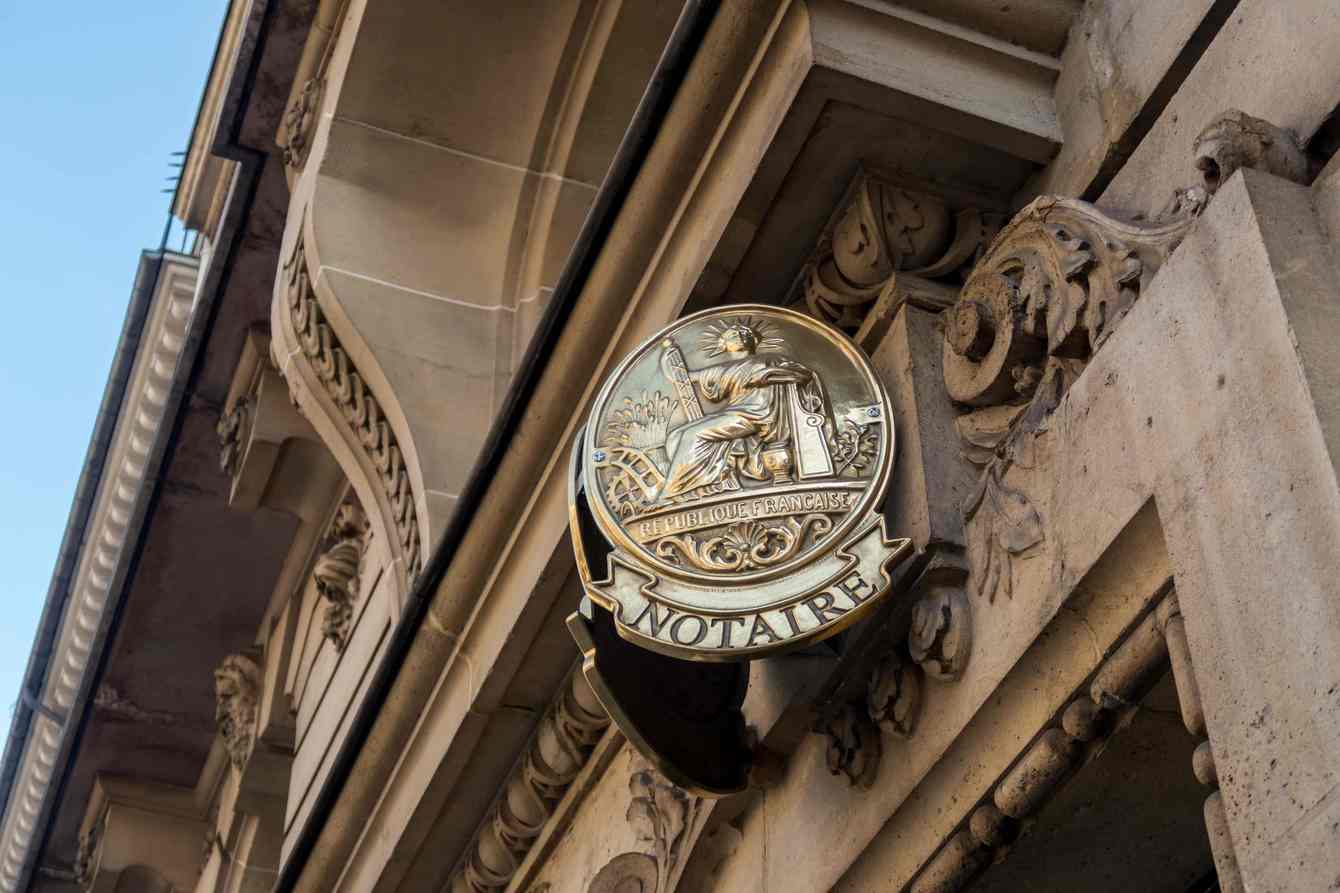Gift, will, debt acknowledgement, contract… Authentication of these documents by a notary renders them binding on all signatory parties. It has a judgment value. In fact, by stamping and signing the document, the ministerial officer acts on the will expressed by all the parties. It becomes indisputable and is legally binding.
Moreover, deeds must be concluded before the notary. This may include a sale of real estate, a marriage contract, an inheritance agreement, a division of the property of an estate with a will or involving real estate, a gift, an affidavit or hereditary deed, or consent to medically assisted procreation. For all others, the participation of the French notaire is at the convenience of the parties. Equally, it is possible to use a notary for all parties or several professionals, one per party for example.
Retention of documents
State Officers will not only authenticate documents submitted to them. They retain the originals for 75 years, or 100 years when a minor is involved. And they can issue an authentic copy that can be used in the event of a dispute, for example. Practice when living abroad: important deeds are placed in a safe place. No risk of losing them during a move or journey with a piece of baggage going astray.
In France, the ministerial officer monitors and advises on the legality of an agreement in the interest of their clients. This puts everyone on an equal footing under the rule of law. Thus, they may also participate or advise in the drafting of documents such as a civil solidarity pact (pacs), the choice of marriage contract, the setting up of a gift or the purchase of property.
Communicate with your notary from abroad
For these functions, the French notaire plays a key role for an expatriate. All countries have state officers, according to their prerogatives. But not all of them have a judgment value. The presence of a French notary does not replace the local officer, but allows for increased legal vigilance on what is recorded. Particularly, since it can facilitate the choice of a competent counterpart. Their third party perspective, to ensure that your rights are respected, will be easier and more relevant. Because, in France, you are free to choose one notary over another, as there is no restriction, particularly related to domicile. Abroad, they are not allowed to practice.
Moreover, notaries are at the forefront of digital transformation. They innovate and experiment with tools that significantly reduce delays and, above all, allow the signing of memoranda of understanding remotely. This is very useful when you live outside France. Price side, no surprise. They are fixed and known in advance. They include the various taxes charged by the State and the notary’s fees, as well as fees for consultancy services, for example. Before any work is undertaken, they give a breakdown of the costs that will be paid to them, a very large proportion of which being transferred to the State.


